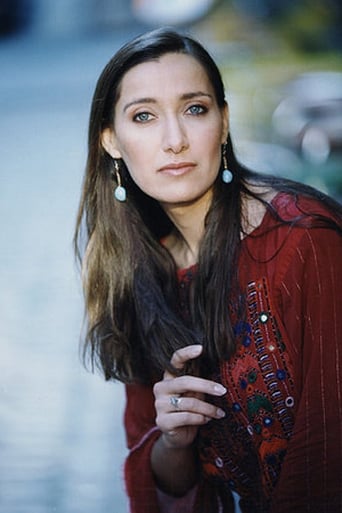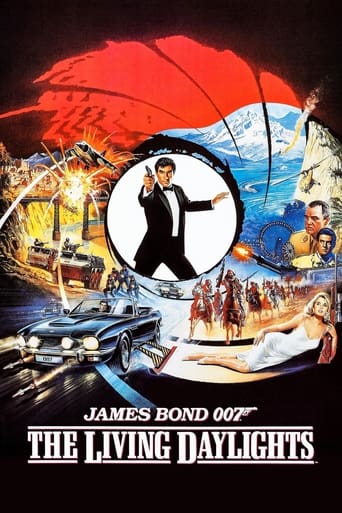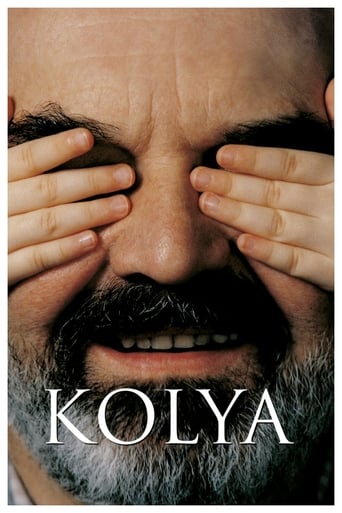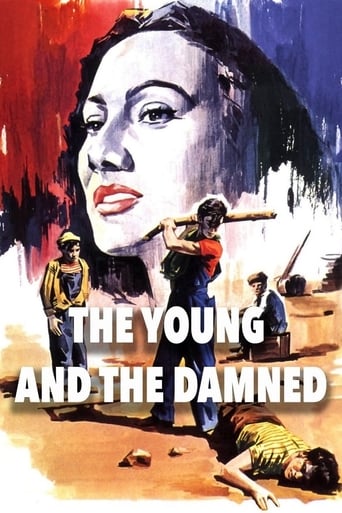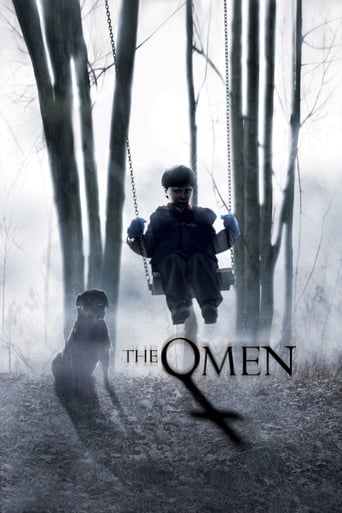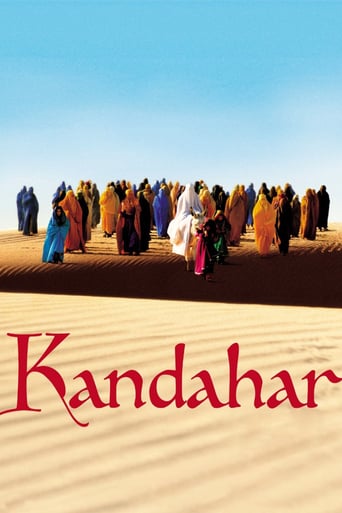

Kandahar (2001)
After an Afghanistan-born woman who lives in Canada receives a letter from her suicidal sister, she takes a perilous journey through Afghanistan to try to find her.
Watch Trailer
Cast


Similar titles
Reviews
I like the storyline of this show,it attract me so much
Really Surprised!
Good concept, poorly executed.
An old-fashioned movie made with new-fashioned finesse.
This is about the return to the place of childhood; a woman must return to Kandahar before the next eclipse when her sister plans to commit suicide. She is an ex-pat journalist so that we can have an intellectual view about the contrasts of life whispered into a tape recorder but all that is flat and uninteresting and the poetic soliloquies even more. Brush that aside. No, why this should be illuminating is because it swoops down in a strange corner of the world and finds intimacy and truth among the absurdity. Not for any contrasts the filmmaker can whisper to us but for those the place can whisper to his camera. This is what Chris Marker did again and again, who is the inspiration behind this; the eye reflected back. This too what Herzog did, who chases after absurdities because the landscape close to them tilts revelations.Absurdities abound along the way here; a makeshift hospital where amputees clamor to be fitted with crude artificial legs, the legs dropped from the sky. The rosy afterglow of flat desert is an evocative canvas, the veiled women chill like they always do with that sense of wasted beauty. But so little here feels stumbled on to, discovered, open; it feels stagy and contrived. A quick look at the background of the film reveals that it was shot, a little more safely perhaps, on this side of the Iranian border. The faces, the dresses, the landscape, all these are probably not much different than over there, but there's also no urgency anymore. I won't pretend to know better than the filmmaker of course but the whole film strikes me as more about culture than reflection, the kind of culture about faraway, oppressed places patrons love to consume at film festivals in Europe.Maybe it's his way of saying there are no more vital truths than the absurdity that people contrive to create that has a male doctor examining an Afghan female patient through a hole so as to not see her face. But there must be, there are.
The film Safar e Ghandehar was shown in the U.S. with the title Kandahar (2001). It was written and directed by the Iranian director Mohsen Makhmalbaf.Nelofer Pazira plays Nafas, a woman from Afghanistan who now lives in Canada. She travels to Iran, and then to Afghanistan, to help her sister. (Her sister is terribly depressed, and plans to commit suicide within a few days.) There's a very grim scene in Iran, when children returning to Afghanistan are taught to avoid picking up dolls, because they may be booby-trapped with explosives. Then Nafas crosses into Afghanistan with a group of returning refugees.The remainder of the movie--set in Afghanistan--makes the situation in Iran look idyllic. All the women wear the burqa (burka), so that we can't see them, and they have to see the world through a semi-transparent veil. Lawlessness abounds. Gunmen--I assume they are Taliban--roam the area and operate at will. Most horribly, people with amputated limbs are everywhere. There's a whole culture of amputations and artificial limbs, with more amputations from land mines every day.Nafas makes her way though this dangerous landscape in what is, in essence, a road movie. Although the people she meets are interesting--and sometimes generous and helpful--the situation is so depressing that it's hard to find any comfort while watching the film.This movie gives us a snapshot of what it would be like to be a woman--accustomed to living in North American--who has returned to a very different homeland from the one she left. The director is Iranian, so I don't know how authentically the scenes represent Afghanistan. My guess is that they are authentic, and that they portray a sad and horrible truth.We saw the film on DVD. I think it would work better in a theater. It's a great--if grim--movie, and it's worth seeking out and viewing.(Note that the director of Kandahar, Mohsen Makhmalbaf, is the director who is impersonated by the protagonist in the Kiarostami movie Close-Up.)
A poster wrote "There is one remarkable scene wherein hordes of desperate, one-legged men hobble on crutches across the desert as Red Cross helicopters rain prosthetic limbs down onto the sands below". Well, the scene was total B***S***! The Red Cross has worked in Afghanistan for nearly 30 years and for probably half that time has had the world's largest orthopaedic programme. Each and every limb is made to fit for each person and then there are weeks of rehabilitation in one of the many well equipped orthopaedic centres around the country after the limb has been fitted. There is no need to buy and sell them on the black market because they are free of charge to anyone who needs one. Always have been and always will be. There is also no way on earth that the Red Cross ortho programme has ever been run out of tents in the desert and absolutely no way the Red Cross ever dropped double prosthetics out of helicopters or planes. The entire scene is an insult to the Red Cross. And before you howl me down I have been working in Afghanistan and have seen the work done by the Red Cross before, during and after the rule of the Taliban. The writer, producers and directors should be ashamed of themselves.
All cultural values are in some senses relative. We make criticise, say, the Taliban regime in Afghanistan for forcing women to wear the burka; but our own society enforces different standards with regard to the male and female exposure of the chest. We might therefore say that the burka is oppressive not so much in itself but rather as part of a system that undermines the freedom of women; but this is to assume that in our sexist, and over-sexualised, society, women are in practice freer. In fact, I believe they are; but at some level it is important to acknowledge the arbitrariness of such positions at the deepest level; that they depend on prejudice (to use that word non-prejudicially), on values rather than reason. To argue that because we know nothing for certain we should therefore do nothing, think nothing is a doctrine of futile despair; but to be aware of the limitations of our own thinking, to know that for certain future generations will surely condemn us are clearly as we condemn others, is vital before we consider the values of societies other than our own, a secular equivalent of humility before God.This is not to say I would like to see a film defending the appalling Taliban. But even the most tyrannical regime is in some regards the product of the society it tyrannises: we are all both prisoners and guards. To understand that regime (and its true horrors), one needs to understand how it worked with, as well as against, the grain of traditional society; and what is good, as well as what is bad, about that. Unfortunately, this is not what we get with 'Kandahar'.It's a shame, because this film contains the potential material for exploring the ambiguity of life. Its central character is rude, arrogant and ambitious (a journalist travelling to Afghanistan to try and save her sister, she doesn't hesitate to try to try and make a story out of her ordeal at the same time). A returning exile, she might be considered as both having the right to criticise what is happening to her country and also the eyes of one who has seen enough to know what is wrong. But one could just as easily say that she has neither that in fact she has the rights to neither position. There is thus the potential to portray her with great ambivalence; but 'Kandahar' prefers the values of propaganda. So instead she is our witness, our seer and our reliable narrator; and the film is all the weaker for it.'Kandahar' contains some great footage of a bleak but beautiful country, but at times its limited budget shows. The dialgoue is strange, the second most important character is (bizarrely) an American, and a number of the scenes sit uneasily between documentary and fiction: Michael Winterbottom did something similar in 'In This World', but that film was more convincing, because the agenda of the director was less clumsily imposed on every scene. 'Kandahar' has neither documentary truth or dramatic ambiguity; and seems to view the world with a very Western slant. Perhaps evil is like Schroedinger's cat: something that can be labelled or shown, but not both at the same time. 'Kandahar' prefers to label; but I prefer more subtlety in my films.


